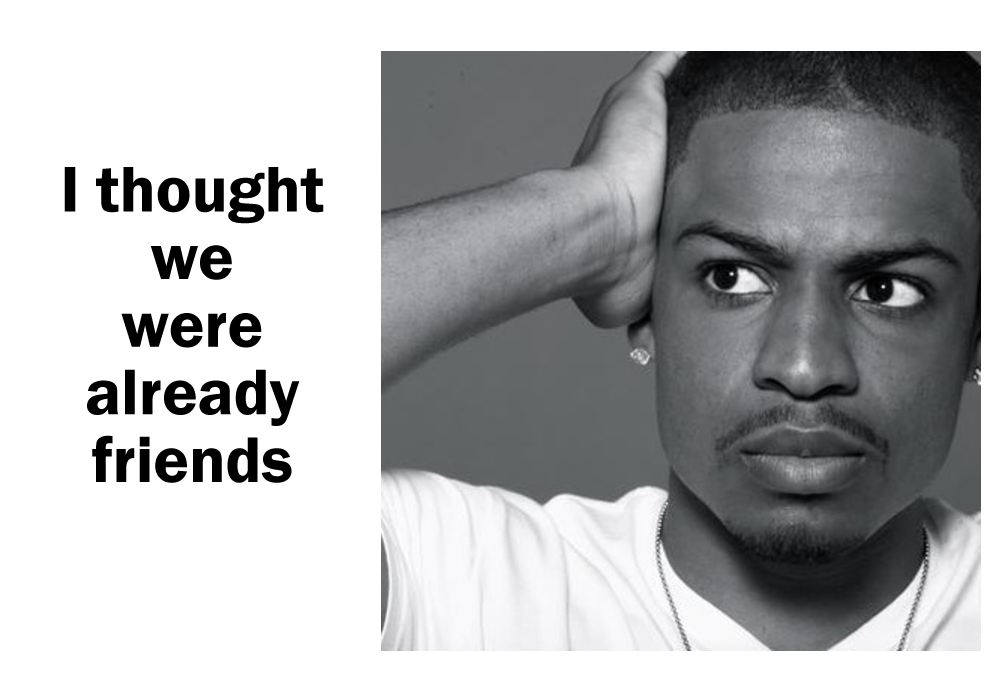
Facebook users give out personal info without knowing it
Contributed By:The 411 News
Challenges to privacy lurk nearly every time a user opens their Facebook page
It’s back to basics for Facebook users as we learn more about how our pages are read by more than our friends.
Like the “Energizer Bunny that keeps going and going and going,” our names and addresses, our likes and dislikes, our friends and our friends’ friends are the stuff that has made Facebook the most popular social media and advertising platform in the world.
Now the company is being criticized and may be threatened over its careless sharing of profiles of some 87 million users that wound up as data collected by Cambridge Analytica, accused of using that data to target voters in the 2016 Presidential Election. Cambridge Analytica, a supporter of Donald Trump’s campaign didn’t get the data from Facebook but from a software developer that had Facebook’s permission to use it but not share it.
Facebook’s founder Mark Zuckerberg was called to testify before Congress last week to answer questions about the illegal sharing of its users’ data and how it can be prevented. Congress is also asking Facebook to implement privacy policies that will allow users to decide if they want their data shared with Facebook’s application developers.
Learning to use Facebook is confusing and complex enough, now users will have to learn what they can do to keep their data private and secure.
Challenges to privacy lurk nearly every time a user opens their page.
Like those friend requests from those who are already your friends. It’s a scam by someone who has copied the Facebook profile picture of your friend and created a new account in your friend’s name. Sometimes, a pirate will copy a post or two from the real friend and add it to the fake account. By accepting the pirate’s request, you now have allowed a phony or fake user into your network who can write what they want under your friend’s name and gain personal information about you and your friends.
Always double check friend requests. Before confirming, click on the name or picture in the friend request to view their timeline. Does the timeline show any posts? If it’s empty or only shows one or two posts, be cautious. Look at the date the Facebook account was created.
Understand that responding to those innocent quizzes such as “Who still uses this old fashioned tool?” or advertisements for products by clicking on an emoji is a tracker to send you more.
When the user goes to their home page to see recent posts from their friends, other privacy challenges occur, like quizzes.
After all it was the psychological profile quiz “This Is Your Digital Life,” created by the software developer that Facebook allowed access to its users profiles and who eventually shared them with Cambridge Analytica. The quiz collected personal data from the quiz taker and the quiz taker’s friends. That personal data included their public profiles, pages liked, birthdays, cities of residence, and messages.
Here’s a December 2017 warning from the Sutton, Mass. Police Department. "Please be aware of some of the posts you comment on," the department wrote on its Facebook page. "[These questionable posts] ask what was your first grade teacher, who was your childhood best friend, your first car, the place you [were] born, your favorite place, your first pet, where did you go on your first flight. Those are the same questions asked when setting up accounts as security questions. You are giving out the answers to your security questions without realizing it."
Story Posted:04/15/2018
|